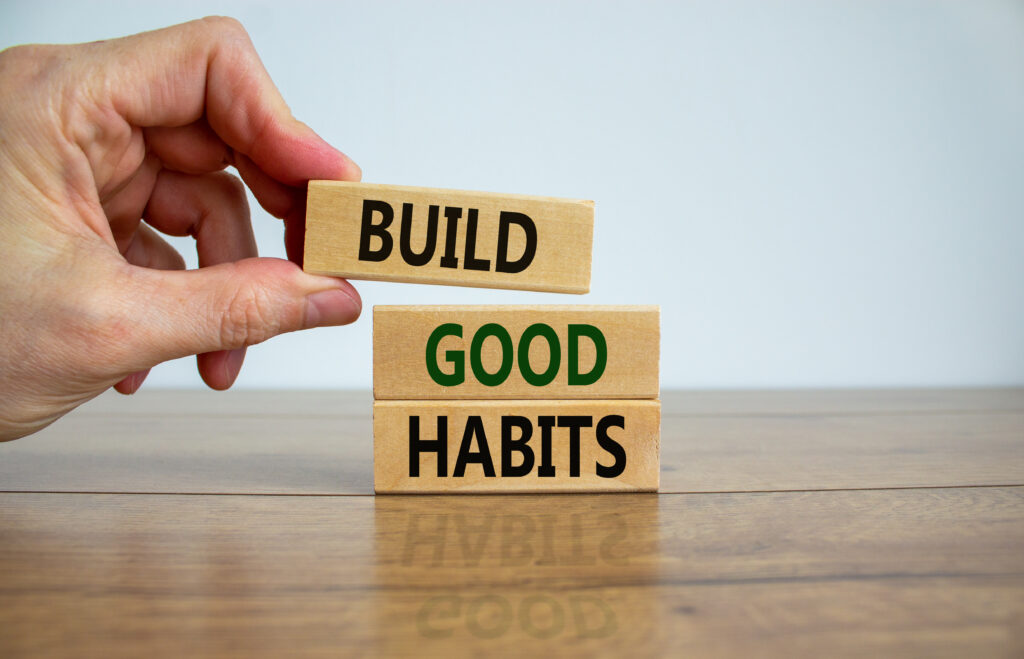Anxiety Management: Finding Inner Peace Daily
Anxiety is a common part of life. It can be a normal response to stress or uncertainty.
However, when anxiety becomes overwhelming, it can disrupt daily life. It can affect our work, relationships, and overall well-being.
This is where anxiety management comes in. It’s about learning techniques to cope with anxiety and stress.
Together, we’ll explore various strategies for managing anxiety. We’ll also discuss the role of centers for anxiety and behavior management.
Our aim is to provide you with practical tips for finding inner peace daily. We hope to empower you to improve your mental health and well-being.
Understanding Anxiety and Its Impact
Anxiety is more than just feeling stressed or worried. It’s a type of mental health condition that can affect anyone, at any age.
It’s characterized by persistent feelings of worry, fear, or tension. These feelings are often intense and hard to control.
Globally, anxiety disorders are highly prevalent. They can have a significant impact on a person’s daily life and overall well-being.
Anxiety can affect various aspects of life. It can interfere with work, school, and relationships. It can also lead to physical symptoms like headaches, stomach problems, and sleep issues.
Recognizing and addressing anxiety early is crucial. It can prevent the condition from worsening and leading to other health problems.
Here are some common symptoms of anxiety:
- Persistent worry or fear
- Restlessness or feeling on edge
- Difficulty concentrating
- Irritability
- Sleep disturbances
- Physical symptoms like headaches, stomach problems, or rapid heart rate
Recommended: Anxiety Disorder in the Workplace: How to Recognize and Combat It
The Role of Anxiety and The Meadowglade
Centers for anxiety and behavior management play a crucial role in mental health care. They provide specialized care for individuals struggling with anxiety and related disorders.
The Meadowglade offers a range of services. This includes individual therapy, group therapy, and medication management.
A key benefit of a treatment center is their personalized approach to care. Treatment plans are tailored to the individual’s needs, considering their symptoms, lifestyle, and personal goals.
In addition to providing anxiety treatment, The Meadowglade also plays a role in education. They help individuals understand their anxiety, learn effective management techniques, and develop strategies for preventing future episodes.

Daily Techniques for Anxiety Management
Managing anxiety is a daily task. It involves a combination of techniques that can be easily incorporated into your routine.
- Deep breathing – This can help to calm the mind and reduce physical symptoms of anxiety.
- Journaling – Writing down your thoughts and feelings can help you understand your anxiety triggers.
- Setting realistic goals and expectations –This can reduce feelings of overwhelm and help you feel more in control.
- Maintaining a routine – Routines can provide structure and reduce anxiety. This includes regular mealtimes, exercise, and sleep.
Mindfulness and Meditation
Mindfulness and meditation are powerful tools for managing anxiety. They involve focusing on the present moment and accepting it without judgment.
Practicing mindfulness can help you become more aware of your thoughts and feelings. This can help you manage your anxiety more effectively.
Meditation, on the other hand, can help to calm the mind. It can reduce stress and promote feelings of peace and well-being.
Both mindfulness and meditation can be practiced anywhere and at any time. They are accessible tools for managing anxiety on a daily basis.
Physical Activity and Anxiety Relief
Physical activity is another effective tool for managing anxiety. It can help to reduce anxiety symptoms and improve overall mental health.
Regular exercise can help to reduce feelings of tension and stress. It can also improve sleep, which is often affected by anxiety.
Physical activity doesn’t have to be intense to be beneficial. Even a short walk can help to clear the mind and reduce anxiety.
The key is to find a form of physical activity that you enjoy and can incorporate into your daily routine.
Nutrition’s Role in Managing Anxiety
Nutrition plays a key role in managing anxiety. A balanced diet can help to regulate mood and reduce anxiety symptoms.
Certain foods, such as those rich in omega-3 fatty acids, can help to reduce anxiety. These include fatty fish, walnuts, and flaxseeds.
On the other hand, foods high in caffeine and sugar can increase anxiety. It’s best to limit these in your diet.
Drinking plenty of water is also important. Dehydration can increase feelings of anxiety and stress.
The Importance of Sleep in Anxiety Management
Sleep is crucial for managing anxiety. Lack of sleep can increase anxiety symptoms and make it harder to manage stress.
Establishing a regular sleep routine can help. This includes going to bed and waking up at the same time each day.
Creating a calming sleep environment can also help. This might involve reducing noise and light and keeping the room at a comfortable temperature.
Finally, avoid caffeine and other stimulants close to bedtime. These can interfere with sleep and increase anxiety.
Advanced Strategies for Stress Relief
Beyond daily techniques, there are advanced strategies for stress relief. These can be particularly helpful for those with severe anxiety.
Cognitive-Behavioral Therapy (CBT)
Cognitive-behavioral therapy (CBT) is a type of therapy that can help manage anxiety. It involves changing negative thought patterns that contribute to anxiety.
CBT is usually delivered by a trained therapist. It can be done one-on-one or in a group setting.
The goal of CBT is to change the way you think about anxiety. This can help you manage your symptoms more effectively.
CBT is a proven technique for managing anxiety. It can be a valuable tool in your anxiety management toolkit.
Medication and Anxiety: What You Need to Know
Medication can be an effective tool for managing severe anxiety symptoms. However, it’s not suitable for everyone.
There are different types of medication available. These include antidepressants, benzodiazepines, and beta-blockers.
It’s important to discuss the benefits and risks with your doctor. They can help you decide if medication is the right choice for you.
Remember, medication should be used in conjunction with other anxiety management techniques. It’s not a standalone solution.
Building a Support System for Anxiety Management
Building a strong support system is crucial for managing anxiety. This can include friends, family, and mental health professionals.
A support system can provide emotional assistance during tough times. They can also help you stay accountable to your anxiety management techniques.
Don’t be afraid to reach out to others for help. Many people are more understanding and supportive than you might think.
Remember, you don’t have to face anxiety alone. A strong support system can make a big difference in your anxiety management journey.
When to Seek Professional Help
Recognizing when to seek professional help is key in managing anxiety. If your anxiety is severe, or if self-help techniques aren’t working, it may be time to seek professional help.
Our team at The Meadowglade can provide specialized treatment plans that include cognitive-behavioral therapy, medication, or other interventions.
Integrating Anxiety Management into Your Life
Managing anxiety can be tough, but incorporating techniques into your daily routine, not just during stressful moments, can help.
It’s okay to have bad days. What matters is that you keep trying, keep learning, and keep moving forward. With patience, perseverance, and the right strategies, you can manage your anxiety effectively. You can find inner peace daily, improving your overall well-being.
If you think it’s time to reach out to professional help for additional support, don’t hesitate to contact our admissions team at The Meadowglade. Our residential and outpatient programs and designed to help you get back on track and manage anxiety effectively.

